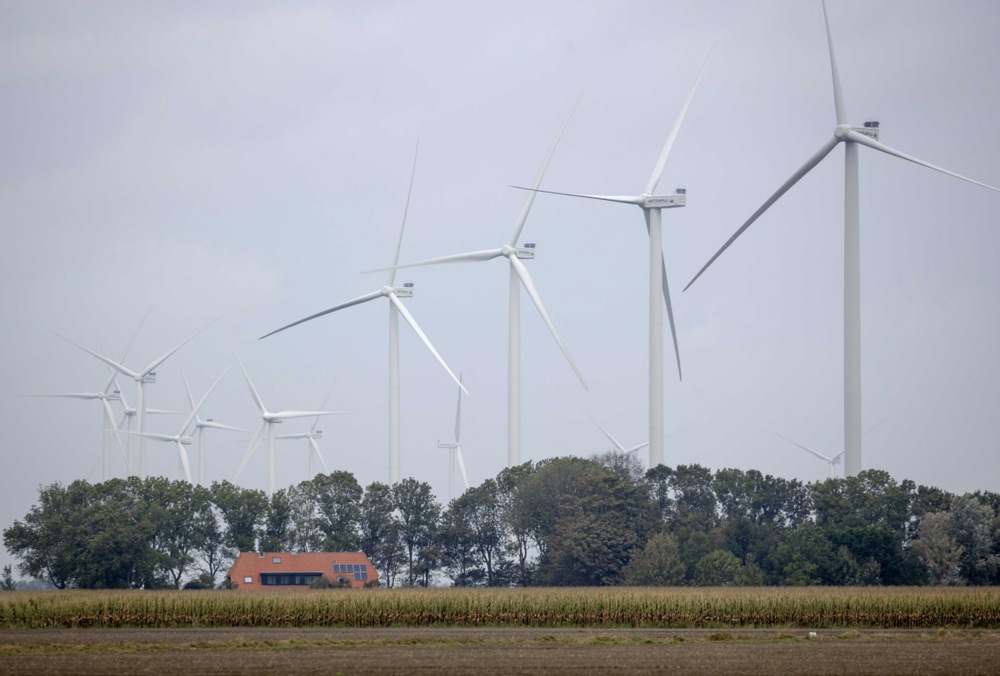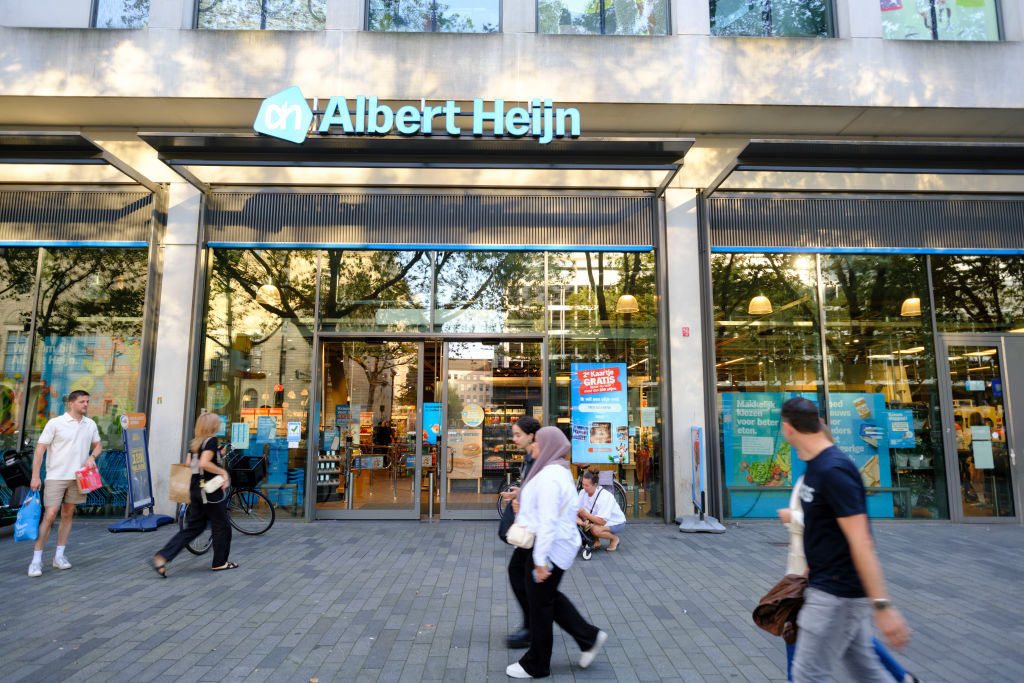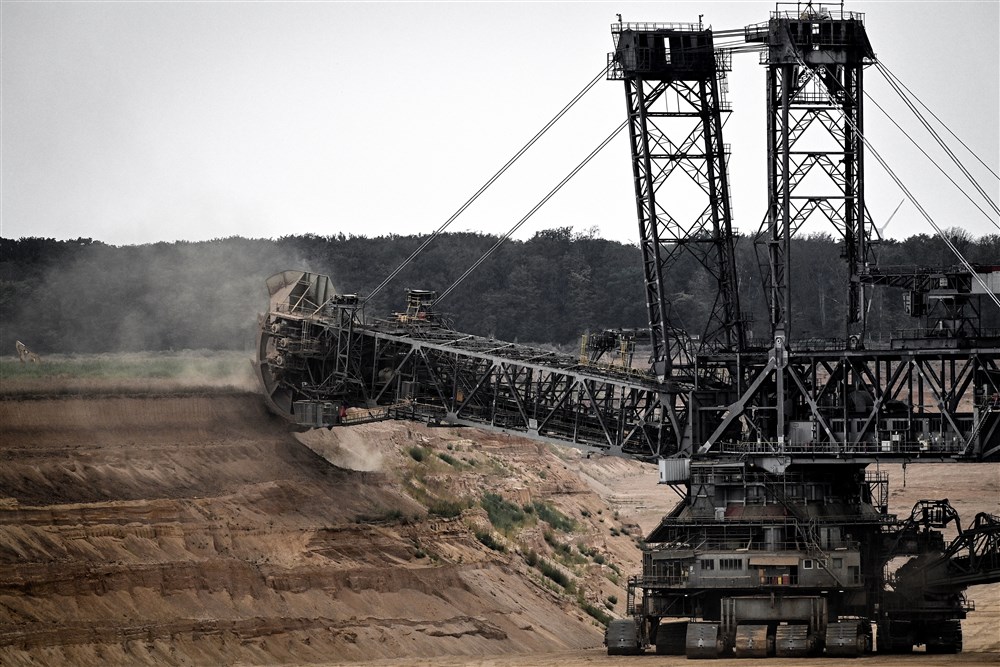The Dutch Parliament passed a move to build four new nuclear-power plants, doubling the planned two major installations originally envisaged.
On March 5, a significant majority voted in favour of the motion filed by the liberal People’s Party for Freedom and Democracy (VVD).
The Parliament additionally intends to establish smaller nuclear-power facilities, or SMRs, at what it deems as important energy hubs.
As nuclear power does not emit any direct CO2, the Dutch Parliament sees such as a clean-energy source. Wind and solar are deemed by officials as insufficient to satisfy the country’s rising energy needs.
The four nuclear plants should be operational by 2040, assuming no significant setbacks.
As yet, though, no location for the two extra plants has been earmarked – that decision is up to the current caretaker Government.
It originally chose in 2022 to construct the first two new power plants near the seaside town of Borssele. The town is already home to one nuclear power amenity.
The additional two plants may be ready as early as 2035. They are expected to deliver up to 13 per cent of national electricity-production requirements.
The big winners of COP28 are nuclear power and natural gas – Greens may be outraged, but that’s a good thing, writes @Raphfel. https://t.co/2Jun4uPpqR
— Brussels Signal (@brusselssignal) December 8, 2023
The parliamentary majority was something of a spontaneous collaboration of parties, where the current – or potential future government – coalition is effectively irrelevant.
Despite that, it remains incumbent on the present Minister of Climate and Energy Rob Jette, who is opposed to nuclear energy, to get the job done.
Jette will, at least in principle, have to make the necessary preparations for any future government to move forward on the plan.
The Netherlands has been a relatively small player regarding nuclear power, with just one aged plant. Only 5 per cent of its energy mix currently comes from nuclear.
Until recently, the country was planning to close the Borssele plant by 2033, a bid led primarily by The Green party’s sentiments. Frans Timmermans, the Dutch politician who most recently served as Executive Vice President of the European Commission for the European Green Deal and Commissioner for Climate Change, is a known opponent of nuclear energy.
Still, in May 2023, the Netherlands joined the French nuclear alliance, designed to develop cutting-edge European technology and reduce energy-dependency on Russia.





